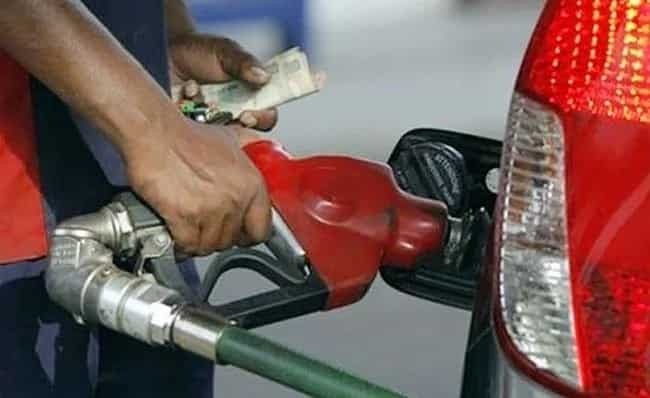According to the Ghana National Petroleum Authority (NPA), the nation has put in place regulatory measures, such as removing gasoline subsidies, to guarantee stability in its downstream industry.
In a presentation at the ongoing Africa Refiners and Distributers (ARDA) week 2023 in Cape Town, South Africa, Abdul Hamid, the CEO of NPA, took the stage.
He said that the actions were taken in reaction to the policies surrounding the energy transition and the Russian-Ukrainian war’s impact on the volatility of the world oil and gas markets.
“For the first time in 30 years, we have installed fuel caps as a measure to intervene and to control market instability,” he said.
According to Hamid, this has aided in containing unchecked spikes in fuel and energy costs at the height of market instability since the commencement of the conflict between Russia and Ukraine.
Read Also: africas-energy-dilemma-sparks-new-environmental-health-problems
The NPA chief also discussed the “gold-for-oil” programme, in which the government uses its substantial gold reserves to purchase petroleum on foreign markets.
“We exchange gold directly for petroleum products from international firms. We buy the gold directly from large and small mining firms and exchange it with petroleum. This has stabilised our industry and kept energy prices affordable,” he said.
Speaking on more reforms implemented in the industry, Hamid said the Ghanaian government, through the NPA, has also removed energy subsidies.
“We have removed subsidies and deregulated our markets. Industries were shutting down because government was finding it hard to find the money to provide subsidies and to this day industry is being powered by investments in the private sector and there are no complains of supply,” he said.
“We are ensuring affordability and security for the vulnerable consumers through the removal of energy subsidies.”
Story adapted from The Cable
